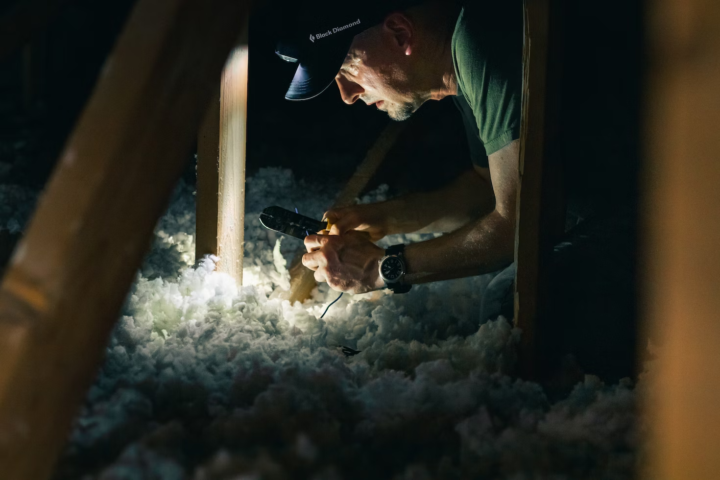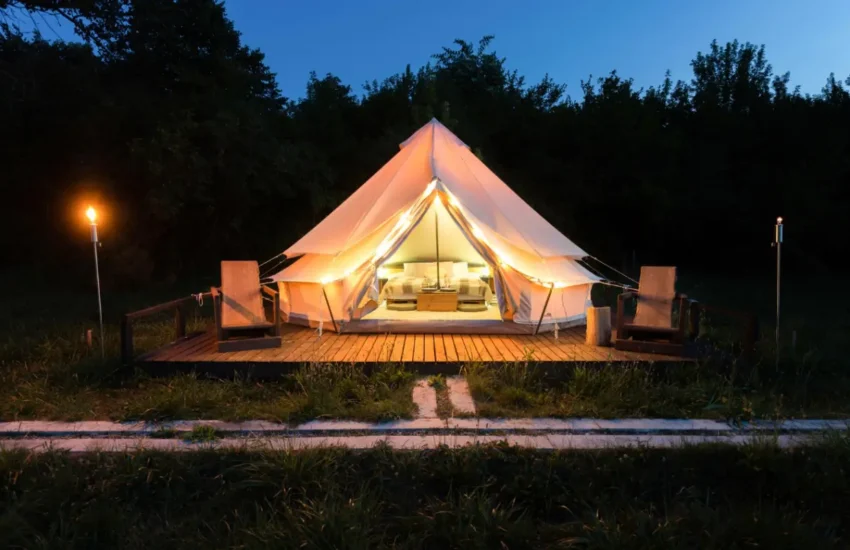What Type Of Insulation Is Best For You?
Are you thinking of insulating your home but need help determining what type is best? It’s an important decision that can make a huge difference in your utility bills each month. Not to mention, it can have a positive effect on the environment by significantly reducing energy wastage.
There are several different types of insulation available, and finding out which one is right for you depends on several factors like budget, climate control requirements, existing materials already used in the building structure, and more. In this blog post, we’ll cover all the considerations for determining which type of insulation will be ideal for your home or business space.

Understand Different Types of Insulation – Pros and Cons
There are many alternatives available when it comes to insulation. It’s important to understand the pros and cons of each type, so you can make an informed decision that best suits your needs. Fiberglass insulation, for example, is an affordable option that’s easy to install. However, it can become compressed over time, reducing its effectiveness.
On the other hand, spray foam Insulation provides an airtight and durable seal, but it can be expensive and difficult to install. Reflective insulation is another option that’s great for reducing summer heat gain, but it doesn’t provide much insulation in the winter. By understanding the unique characteristics of each type of insulation, you can choose the one that will work best for your home and budget.
Consider the Climate in Your Area
You want to make sure you’re making the best decision for your particular climate. Different areas of the world experience different weather patterns, temperatures, and humidity levels, and it’s essential to choose an insulated material that can withstand your unique conditions.
Whether you live in a hot and dry desert climate or a cold and snowy mountainous region, there’s an insulated material option out there that can help keep your home comfortable and energy efficient. By considering your local climate, you can ensure that you’re making a wise investment in your home’s insulation system.
Evaluate Cost and Value
It’s important to evaluate both the cost and value. While initial price may be a deciding factor for many, it’s also important to consider the long-term performance of the insulation. For example, some types of insulated material may have a higher price point initially but can save you money in energy costs over time.
Additionally, some types of insulation may be more effective at reducing sound transfer or improving indoor air quality. Taking the time to compare the price to the performance of insulation can help you make an informed decision and ensure that you’re getting the most bang for your buck.
Look Into Sustainable Options
As concern for the environment continues to grow, more and more people are looking for sustainable options in all aspects of their lives. One area that often gets overlooked is insulation. Luckily, there are several eco-friendly insulated material options available that can help you save energy and reduce your carbon footprint.
Wool insulation, made from renewable and biodegradable materials, is a popular choice, as is cellulose insulation, which is made from recycled paper. Other options include soy-based insulated material, which is non-toxic and easy to install, and even insulation made from recycled denim! By choosing eco-friendly insulation, you can not only reduce your impact on the environment but also improve the energy efficiency of your home.
Take Advantage of Tax Credits & Rebates
Do you dislike paying high energy bills in the winter? Did you know that insulating your home could save you money and the planet at the same time? Not only can you enjoy reduced energy costs, but you can also take advantage of tax credits and rebates for making your home more energy-efficient.
With various incentives available, including the Federal Tax Credit for Residential Energy Efficiency and local rebates, you could save thousands of dollars on insulated material costs. So, why not make the switch to an eco-friendlier home today and start seeing the benefits in your pocket and the environment?
Get Professional Installation
When installing insulated material in your home, it can be tempting to take on the project yourself. However, hiring a professional can make all the difference. Not only will they have the necessary expertise to ensure an effective installation, but they will also have access to the right tools and materials, making the process much smoother.
By trusting in an expert, you can rest assured that your home will be properly insulated, keeping you and your family comfortable all year round. Don’t let a DIY project turn into a headache – hire a professional for an effective and stress-free job.
Ultimately, insulating your home can save you money on energy costs while also helping to reduce your environmental footprint. The best-insulated material to choose depends on the weather patterns and climate in your area, as well as your budget. Additionally, you should take advantage of any tax credits or rebates available to help you lower the cost.
Choosing an insulation professional is important for a successful installation as they can also provide advice along the way. When you understand all of your options and make informed decisions, you can enjoy the benefits of having insulated walls, ceilings, floors, and other spaces in your residence for years to come!


